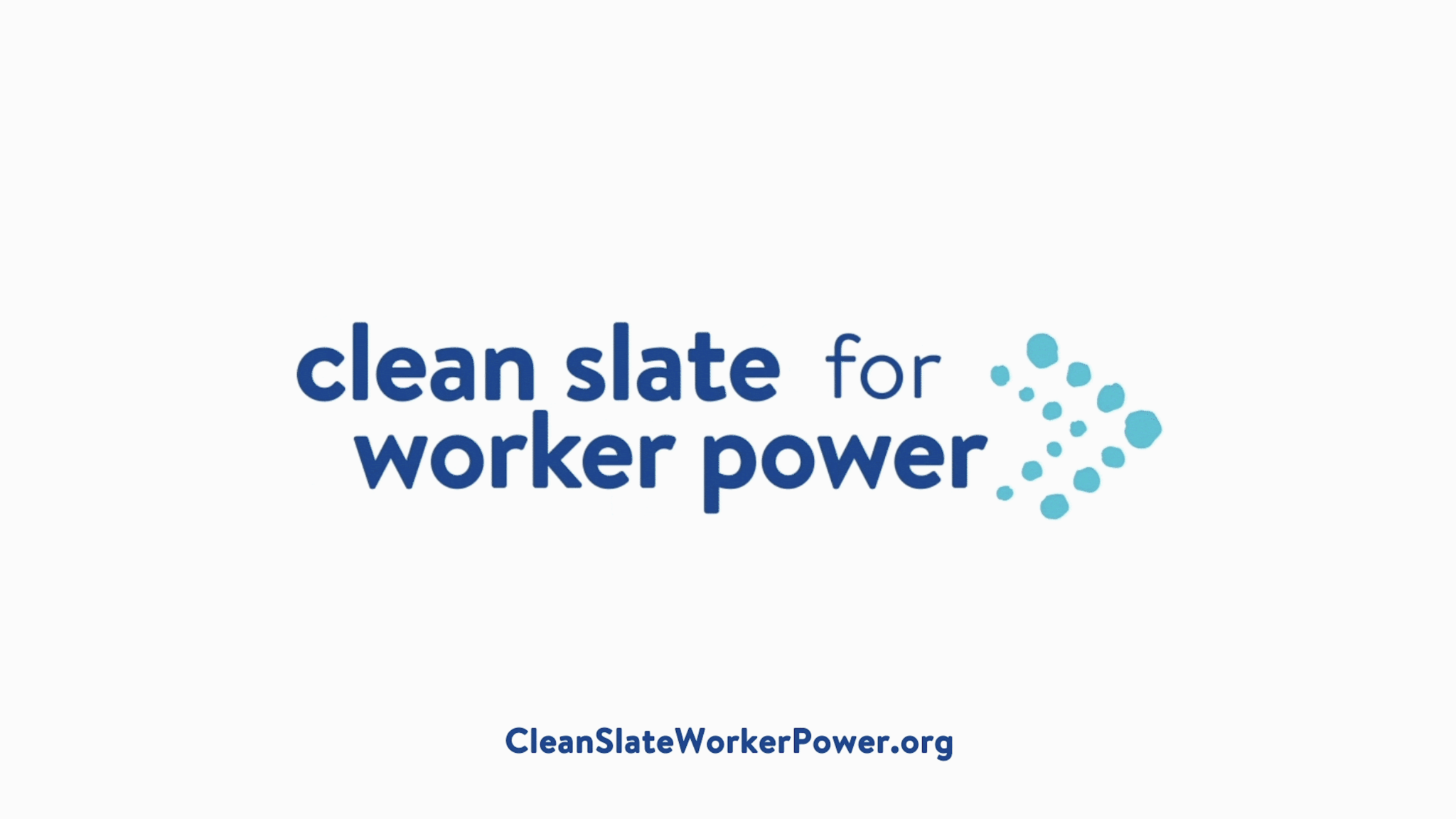Annie Hollister is an Honors Attorney at the U.S. Department of Labor and an alumna of Harvard Law School.
OnLabor’s own Ben Sachs and Sharon Block have launched their recommendations for building a new labor law. As Sharon and Ben explain in a Newsweek op-ed, the recommendations are the culmination of the Clean Slate for Worker Power project, a multi-year collaboration of academics, activists, advocates, labor leaders and practitioners. The Clean Slate report proposes actionable policy interventions to empower working people to build an equitable economy and democracy. Steven Greenhouse summarizes the report for The Guardian, highlighting Clean Slate’s recommendations of creating European-style works councils, allowing minority unionism, and expanding the legal definition of “employee.”
The Bureau of Labor Statistics has released new data on union membership in the United States. In 2019, union membership declined .2%, from 10.5% to 10.3%. The decline has primarily been in private-sector jobs, with little change recorded in the public-sector workforce. However, while the number of unionized private-sector workers has declined overall, the number of unionized “professional” workers has increased by more than 90,000 people. And unions continue to benefit the workers they do represent: overall, workers in unionized jobs reported earning roughly 23% more per week than their nonunion counterparts.
The New York Times reports that a slight majority of payroll jobs (50.4%) are now held by women. According to the Times, this is not good news for American labor: the shift towards a more female workforce is attributable in part to job loss in traditionally male-dominated industries such as manufacturing and the growth of a service-dominated economy. Furthermore, while women increasingly take roles that have traditionally been held by men, working-class men, especially, are still reluctant to move into “pink collar” jobs.
The Los Angeles Times reports on what’s changed – and what hasn’t – in the year since teachers in Los Angeles staged a six-day strike. According to the report, most classroom haven’t seen noticeable changes to their day-to-day operations since 30,000 teachers walked out of their classrooms last year. But, as the paper points out, many of the demands central to the strike resulted in agreements for incremental change. Two key demands have seen modest change: maximum class sizes have been reduced by one student, and a total of eight additional nurses—out of a target of 150—have been hired across the school district.
For the Philadelphia Inquirer, Juliana Feliciano Reyes tells the story of Richard Hooker, Jr., the new leader of Teamsters Local 623. Hooker is the first Black man to lead the century-old local, which represents UPS and Greyhound workers in the Philadelphia region. His election to local leadership was one of seven successful challenges by rank-and-file members to unseat legacy leadership in Teamsters locals across the country. Hooker ran for a leadership in Local 623 after becoming frustrated with union reps who had spent very little time on the shop floor. Since taking over his position, he has focused on educating rank-and-file members about their contract rights end encouraging them to file grievances when they believe those rights have been violated.






Daily News & Commentary
Start your day with our roundup of the latest labor developments. See all
December 11
In today’s News and Commentary, Biden’s NLRB pick heads to Senate vote, DOL settles a farmworker lawsuit, and a federal judge blocks Albertsons-Kroger merger. Democrats have moved to expedite re-confirmation proceedings for NLRB Chair Lauren McFerran, which would grant her another five years on the Board. If the Democrats succeed in finding 50 Senate votes […]
December 10
In today’s News and Commentary, advocacy groups lay out demands for Lori Chavez-DeRemer at DOL, a German union leader calls for ending the country’s debt brake, Teamsters give Amazon a deadline to agree to bargaining dates, and graduates of coding bootcamps face a labor market reshaped by the rise of AI. Worker advocacy groups have […]
December 9
Teamsters file charges against Costco; a sanitation contractor is fined child labor law violations, and workers give VW an ultimatum ahead of the latest negotiation attempts
December 8
Massachusetts rideshare drivers prepare to unionize; Starbucks and Nestlé supply chains use child labor, report says.
December 6
In today’s news and commentary, DOL attempts to abolish subminimum wage for workers with disabilities, AFGE reaches remote work agreement with SSA, and George Washington University resident doctors vote to strike. This week, the Department of Labor proposed a rule to abolish the Fair Labor Standards Act’s Section 14(c) program, which allows employers to pay […]
December 4
South Korea’s largest labor union began a general strike calling for the President’s removal, a Wisconsin judge reinstated bargaining rights for the state’s public sector workers, and the NLRB issued another ruling against Starbucks for anti-union practices.